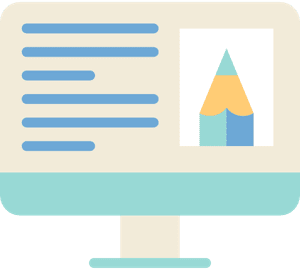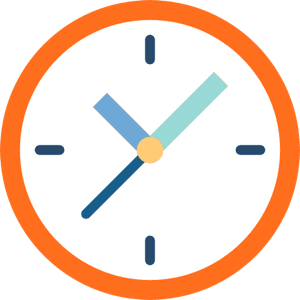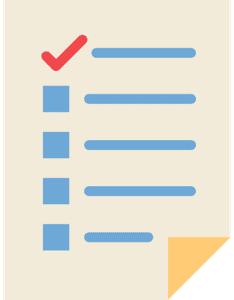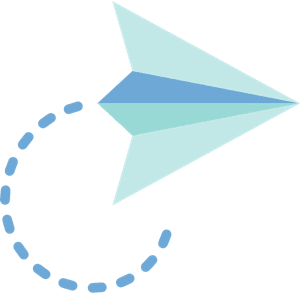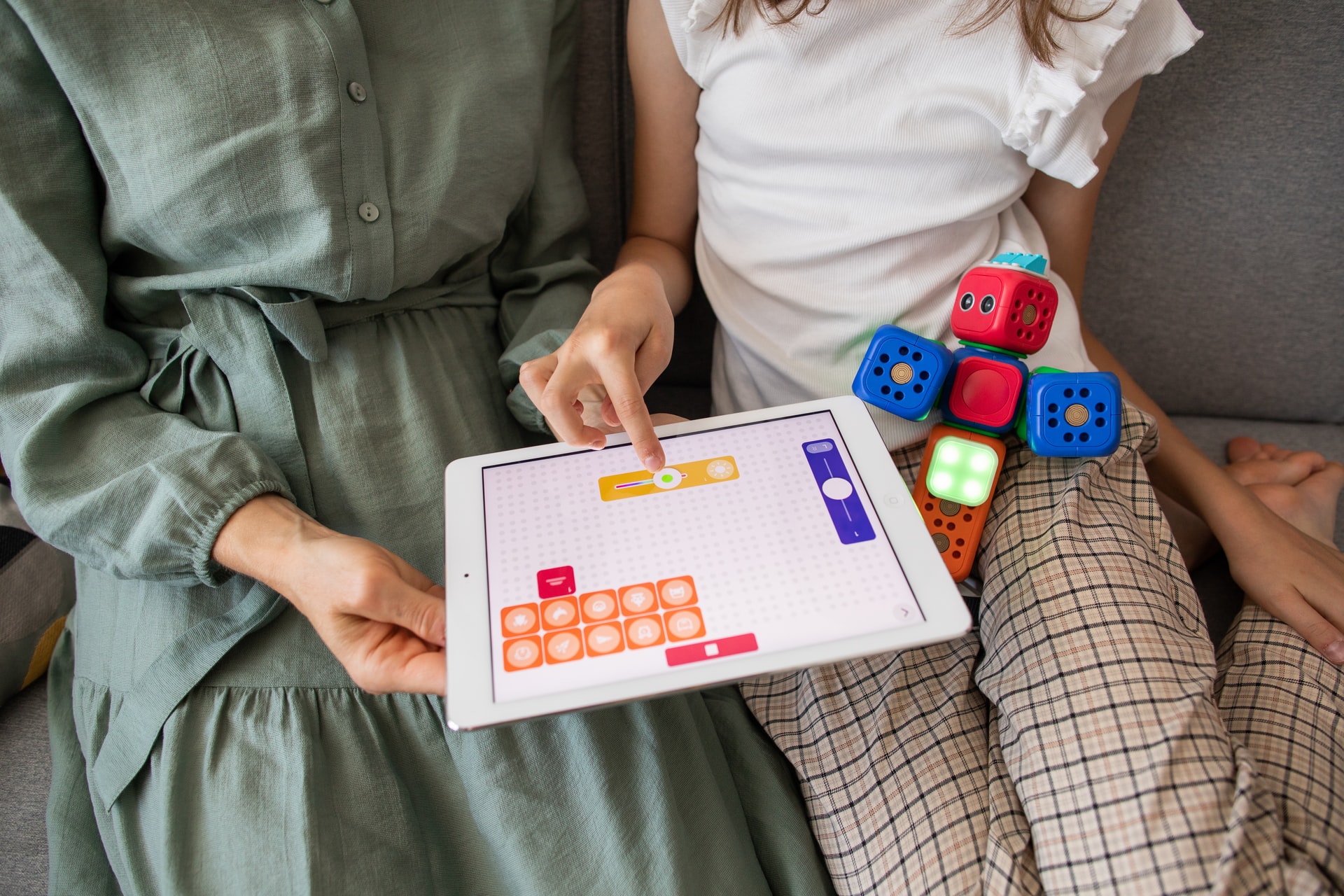The Evolution of EdTech, A Conversation with Ann McMullan

In this interview, Ann McMullan joins us to talk about what she has learned over her 40-year career, the shifts in EdTech over the last eight months, where the future of education is headed, and how leaders can help us bring it to fruition. McMullan was one of the individuals to start this trend, before it was mainstream, in the 80s and 90s. Now, she’s an author and leader for organizations like COSN and District Administration, and she consults with educational leaders across the country as they transition to digital platforms for teacher, learning, and leadership.
By the way, this conversation was originally featured on our podcast K12ish, which you can listen to here or wherever you get your podcasts.
From Teacher to EdTech Leader
Tell us a bit more about your background.
I did work my entire education career in the Klein School District, which is just outside Houston, Texas, a district of about 50,000 students. I started there in Strack Intermediate School, a middle school Social Studies teacher, and taught US History for 18 years - until about the mid-90s or so. It was at that time that I started playing around a little bit with technology with my students in my Social Studies class.
I had a wonderful visionary principal and a great superintendent to work with. You're much too young to remember this, but back in the 90s, we were starting to work with computers in our district around English/Language Arts for word processing, and that sort of thing. I was infatuated by it.
I had seen some technology at a Social Studies conference and came back to my principal and said: I know we're putting these computers in the English/Language Arts area, but my Social Studies kids could write to, can we go do that? Again, this is sort of the siloed world we were in, in education at that point.
The answer was no because you're not an English teacher, and you haven't been trained - you can't do this. But, to his credit, he spent two years leading a fundraising effort, and we built a new computer lab in the school called the Discovery Lab. It was the first one to be wired to the Internet. So, I was able to bring my students there.
For those who have been around a very long time, they will remember names like Oregon Trail, and Carmen Sandiego, and so forth. So, I did that with my students and was just fascinated by how they were so captivated by it.
So, because I was one of the first teachers in our district, who was not a technology teacher to use technology in a core curriculum class, I was asked to - what I jokingly say - cross over to the dark side, leave my classroom, and go work at the central office. There I had the opportunity to work with a fabulous group of people, and our whole focus was on: "how do we maximize technology tools for learning."
As you mentioned, I did that for 16 years. I was the Director of Educational Technology and then made this move to California for family reasons - so that's where I am now. Now, my work is focused on education leadership, more so than just technology, but how do we navigate this crazy world we're in today. So, that is what I'm doing now.
Difficulties Within the School System
What has been the greatest challenge that districts have faced collectively?
I think, particularly at the top for so many districts, is the issue of equity - certainly digital equity. How do we assure that students can leverage this technology when they're no longer coming to schools? I think the pandemic ripped the band-aid off of a lot of things that maybe we have not been cognizant of, or had been dealing with other things instead. I do believe equity is a huge focus.
I'm glad to see it become a focus and education leaders are looking at how to address it. I have to say, not only education leaders, but when we're looking at digital equity, I have to give the tech companies a lot of credit, because they have really jumped in to help, and to move things forward as fast as they can.
So, that was one, I think the whole issue of remote teaching and learning for those school districts that were already leveraging technology in a traditional setting was a little easier than those who maybe have not started yet. The reality is that teaching remotely is different than teaching face to face.
To simply think, I'm going to use a program like Zoom and just have my classroom there, it's not going to work that way. So, that was another big piece of it. Then the third part that I have seen, and I credit so many districts for beginning to recognize this - we went from Friday, March 13th, being together in school to Monday, March 15, not being in school anymore.
I think, particularly in that Spring semester, one of the groups that were left out in the training conversation were parents and families. All of a sudden, the role of a parent or a grammy or an auntie, or whoever children happened to be living with changed.
It was no longer about taking the students to school or getting them there, parents and families became co-teachers and learning facilitators. They needed help in how to do that. What I have seen happen over the summer and this fall is it more and more districts recognize that.
So, that partnership with parents has changed from what it traditionally was. They're working together to make it happen. It's not perfect yet, but it takes time to make these changes.
Distance Learning: Difficulties and Strategies
Well, I'm curious then, what are some of the strategies you've seen districts putting in place to make it a bit [easier] connection between home and school a little bit more seamless?
Well, one of them is something like office hours where parents can connect with teachers, ask questions, and talk. And then also, as we know, collaboration is the best tool there can be. So, building parent groups to be able to collaborate to work together.
I heard of this scenario recently - this is not so high tech, but again, to keep up the relationship with kids - where teachers have gone and they are making home visits. They're not going inside the home, they're staying out on the street, but just letting them know that they're there, and making that physical connection.
Again, that's one of the things that was particularly challenging this fall because when this all happened in the Spring, parents, teachers, students knew each other because the school had started back in August or September. When we started this year in August or September, those connections weren't there. They weren't established yet because teachers have new students and students have new teachers.
So, working in any way that they can to make that collaboration work. I think creating certain hours for parents to communicate. Then teachers are now texting parents, they're communicating with them in a lot of different ways.
A lot of kids are not living with their parents. They're living with other families or even in foster homes. So, that gets back to the equity issue, again - making those connections, and just recognizing that those connections have to be there, in a way that we probably didn't recognize before.
They already had that relationship developed where they felt supported, but now, students are going into their Zoom classroom and meeting their teacher over a computer screen.
Very different, very different. The bottom line is education has always been a 'people to people' business, and that hasn't changed. It's just the way we can manage those relationships and how we make them work. We're all learning, and I think we're learning some lessons that are not just for now. I think we'll be taking this forward.
The Transition to Remote Learning
What advice would you give to schools undergoing a digital transformation?
I think the number one thing is to always remember that we are in the learning business - we are not in the technology business. Thank you for the credit you give me, but I will take credit for hiring well.
I had a wonderful team to work with within Klein. From the beginning, we were always very teacher-focused. I worked under the Associates for Curriculum and Instruction - not part of the IT department - but we connected and worked together.
So, when we started - I had been a History teacher: what was I going to tell a high school Chemistry teacher about what they needed to do? - that was not my area of expertise, but we could have people who would help those teachers learn the technology, and then they were telling us all how it worked in their particular setting.
So, I think you have to always honor the teachers, particularly teacher leaders, who are willing to jump in and take that step and go - and that is critical today as well. Today, teachers have so many more opportunities for professional learning communities online, if they can come together.
I think we also have to recognize that not everything is going to work perfectly the first time and that that's part of the learning process. So, if it doesn't work, okay, what didn't work? How can we do it differently?
Historically, in education, we have always, sadly, looking at failure as something where you just put a big red F on somebody's forehead. I love the acronym that people have used for fail, f-a-i-l, meaning the first attempt in learning. So we're trying, it didn't work. Let's try again!
Some of the downside to what we've experienced over this year is that there are people who are very quick to criticize the superintendent, the teacher - whatever it is, and I just think we need to give each other a little grace. We're working through this together, we're learning together, we're going to come out stronger and better on the end, but it's not pretty going through it.
We have to struggle and get there. Anything worth doing is a struggle, and you have to recognize that and do that. I think some of the other positives, or some of the other strategies and things that are coming out of this - we've always had to push for project-based learning, but I think more than ever now, we hopefully recognize that stand and deliver should not be the constant fuel of education.
That students need to be doing the doing. For too long, it was teachers who were doing the doing, and students need to be doing it now. So, as we find ways for students to engage in projects that relate to whatever the topic is, and then share what they've learned via the media that we are using right now to do that. I think that's a real plus -and we need to do that.
The notion of the student sitting in front of a screen for 8 hours, we should not be doing that. There are other ways that we need to work on learning. So, project-based learning is important. Then, as we talked earlier, just the new and different ways to stay connected with each other is a critical piece.
The Value of Failure
What's something then that you wish you would have done differently, if we have that idea of a failure in mind, what is something that didn't go well?
It's so interesting because it has been some time ago now - over 20 years ago now that we did that. In thinking about that, honestly, Anna, I think we did okay for the time. I wish I had had more of a sense of looking as to where technology was going to take us.
I tend to be very optimistic, Pollyanna sort of view of the world, and I just thought when the internet came along, and we could all connect all over the world, I had visions of world peace, and it was just going to be fabulous. There's no way I could have known them.
So, for example, the impact of social media. For better or worse, it's the worst part that I wish I had known more about - but maybe that would have held us back had we known it, so maybe it's just as well that we didn't.
I think it's so important that as we live in this highly connected world today, thank God there are people like Common Sense Media and others who are doing great work in teaching digital citizenship and why that's important. That was something, quite honestly, I just didn't know in those early days that we would need to know that. I thought everybody would get along - that would be wonderful.
So, there are some downsides to technology. The equity issue is a downside. The reality is - again, thinking about the equity piece today - it's not just education. This is an issue for healthcare, for jobs.
I saw a piece the other day that said "internet connectivity just has to be a utility, like electricity and water." We need to get there, we need to do that. So, that's another piece of that. I don't know if that quite answered your question. Maybe I was naive at the time, but it was such an exciting time to see this coming and to see the potential.
Digital Equity and Inclusion in Schools
We know that there are going to be digital equity challenges with certain decisions we make, so how can we plan to rectify those? How can we create barriers to prevent those from happening as well?
How do we focus on all students to be sure that they all have every opportunity to succeed - to find their pathway and to go. There are some times when I think we have built certain procedures in place in education, not just around technology, that maybe hold some folks back. Maybe it's time to look at that again.
One of the superintendents I work with is this terrific leader up near Illinois, David Schuler, of Township High School District 214 in Illinois, talks about the fact that, for example, with honors classes - why can't a student, if they want to take an honors class, take an honors class? Why do we have [those] kind of restrictions put in? So, those are issues around equity that I think we're looking at.
Here in Los Angeles, in LAUSD, I have to give Sophia Mendoza, the director of Instructional Technology at the district, great credit for the work she is doing - looking at high school Computer Science courses, who are taking them, why are certain segments not taking them, and how do they manage that equity as well.
So, I think as I said earlier the pandemic has kind of ripped the band-aid off of that, and people are openly discussing and recognizing the issues and working towards resolving them. It's not something that's going to be solved overnight, and there will be failures along the way - but give them credit for trying.
Learning During the COVID-19 Pandemic
What's a moment that stands out to you, in these last 7, 8 months, working with districts?
The amazing leadership, quite honestly! They were thrown into something that nobody was prepared for. Again, it's my privilege to work with several superintendents and school leaders across the nation - and to see how they have picked this up.
The other issue is a phrase that we hear often, which is 'don't let a good crisis go to waste.' I think a lot of people are looking at this crisis as a way to finally change education in the United States because we were operating under a system that had been created over 100 years ago. The world changed, but we didn't.
Again, I'm going to quote my friend, Dave Schuler, up in Illinois - they have on their website, this phrase, - 'reset, redefine, restart.' I honestly believe that our big takeaway from this pandemic has got to be that we will never be in 'done mode' again. We are going to be in a constant cycle of change.
That's the world that our kids are growing into, and we should be preparing them for that anyway. So, I think school districts are waking up to the fact of "learning how to navigate change," because it's going to be a constant with us, even after COVID is gone.


